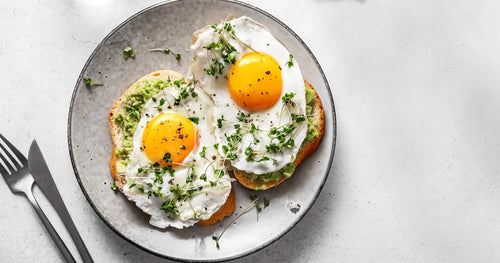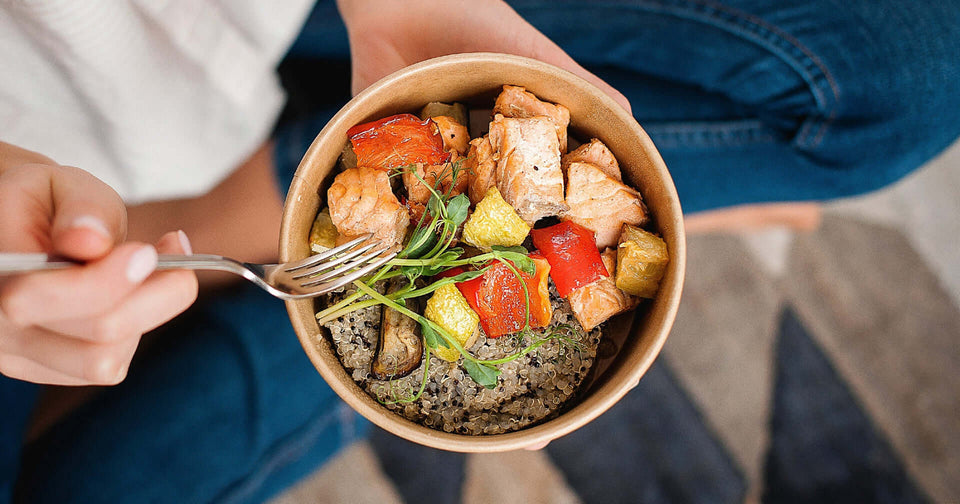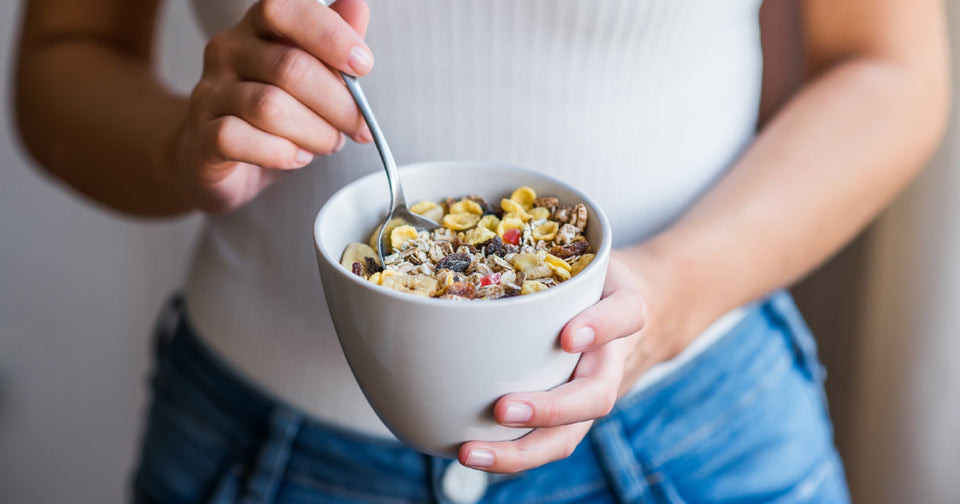
As the days get warmer and the sun is out longer, many of us are outside more, which is wonderful, but it also brings with it certain health concerns for sensitive eyes. Exposure to the sun's harmful ultraviolet (UV) rays can damage our eyes, but it isn't the only factor that contributes to eye damage. With more of us working remotely and our children virtually attending classes, we are exposed to more harmful blue light from digital device use. We know to protect our eyes when outdoors with sunglasses, and to wear blue light blockers when using digital devices, but many may not know we can also protect our eyes from within using specific nutrients. This brings to “light” two very important carotenoids lutein and zeaxanthin.
Lutein and Zeaxanthin for Healthy Vision
One of the ways our eyes work is by reacting to light through rods and cones, which are located in the retina. This gives us our vision, color differentiation, and depth perception. The macula is the center of the retina and is responsible for our central vision, which we use when reading. The macula is also the most sensitive part of the retina, and is more prone to deterioration and oxidation as we age. Zeaxanthin is the predominant carotenoid found in the center of the macula, and lutein is found in higher concentrations in the surrounding retina.
Lutein and zeaxanthin are powerful antioxidants that work to protect our eyes and vision by filtering and blocking harmful UV sunlight and digital blue light, as well as, providing protection and stopping oxidative stress and retinal damage from free radicals. These two carotenoids may also increase macular pigment density, which is associated with healthy retinas and vision.
Unfortunately, the human body does not naturally make the lutein and zeaxanthin it needs; therefore, daily amounts of lutein and zeaxanthin through foods and nutritional supplements can assist with maintaining good eye health. These two carotenoids are found in yellow, orange, and green leafy foods, and they are in higher amounts specifically in kale, spinach, sweet potatoes, carrots, and egg yolks. Other vegetables that contain more lutein are collard greens, turnip greens, romaine lettuce, and broccoli. As the season gets warmer, people start planting their gardens, and fresh vegetables are more available, making it easier to incorporate these into our daily diets; however, if these aren’t foods that please your pallet, supplements are a great option to fill in the gap.
Although there is no recommended daily intake for lutein and zeaxanthin, most recent studies show health benefits in taking approximately 10 mg/day or more of a lutein and close to 2 mg/day of zeaxanthin. Some formulas contain Lutemax 2020, a trademarked formulation that provides 3 carotenoids (lutein, zeaxanthin, and meso-zeaxanthin). Lutemax 2020 is clinically proven to support eye health by filtering high-energy blue light from digital devices and indoor/outdoor light, reducing eyestrain, and supporting glare tolerance while using digital devices.
Adding a gummy or soft gel formula with lutein and zeaxanthin into our daily supplement routine is an excellent idea for people of all ages. It can assist by giving that added layer of protection to our eyes. After all, they are the windows to our world.






